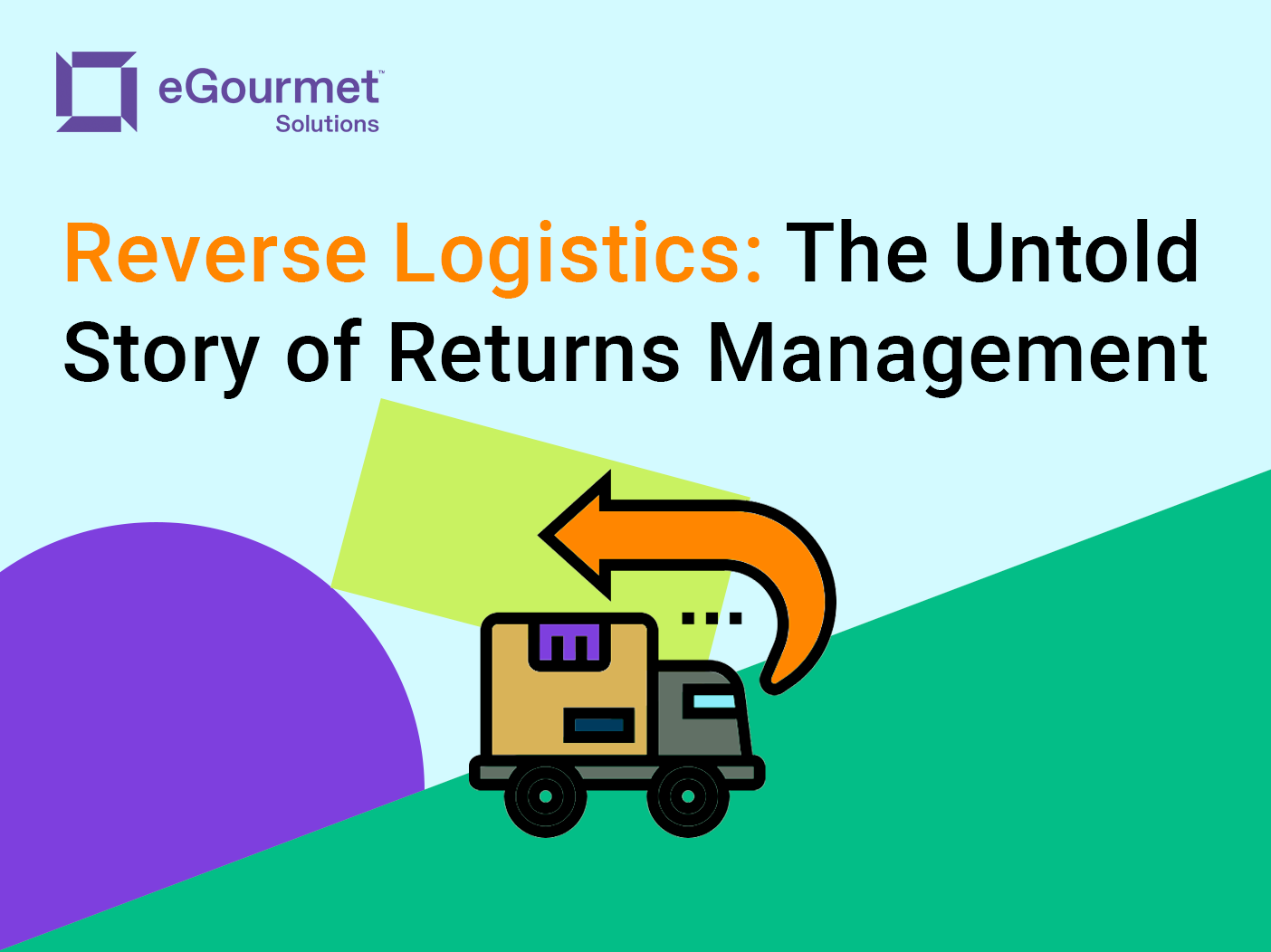
Reverse logistics, the process of returning goods from the customer back to the manufacturer or distributor, is an often overlooked yet critical component of supply chain management. This aspect of logistics not only impacts customer satisfaction but also plays a significant role in a company’s sustainability efforts and cost management.
The Growing Importance of Reverse Logistics
With the rise of e-commerce, returns have become more frequent, making efficient reverse logistics vital for customer retention and brand reputation. As Retail Dive reports, a smooth return process is crucial for customer satisfaction, influencing future purchasing decisions. This trend underscores the need for businesses to invest in robust reverse logistics systems.
Sustainability and Waste Reduction
Reverse logistics also has significant implications for sustainability. Efficient returns management can reduce waste and contribute to a circular economy. An insightful piece from Environmental Leader highlights how reverse logistics helps companies minimize their environmental footprint by facilitating recycling, refurbishing, and reusing returned products.
Cost Savings and Revenue Recovery
Effective reverse logistics can also lead to considerable cost savings and potential revenue recovery. According to a study featured in Supply Chain Management Review, companies that optimize their reverse logistics processes can recover a significant portion of the original product value. This optimization is key in an industry where margins are often tight.
Challenges and Solutions in Reverse Logistics
However, managing returns effectively comes with its challenges. Logistics Management explores the complexities involved in reverse logistics, from logistical hurdles to customer service issues. Implementing technology solutions like return management systems and data analytics can help overcome these challenges, as detailed in an article from Logistics Technology Today.
In conclusion, reverse logistics is more than just an operational necessity; it’s an opportunity for businesses to enhance customer satisfaction, contribute to sustainability, and improve their bottom line. As the logistics industry continues to evolve, understanding and innovating in the field of reverse logistics will become increasingly important.